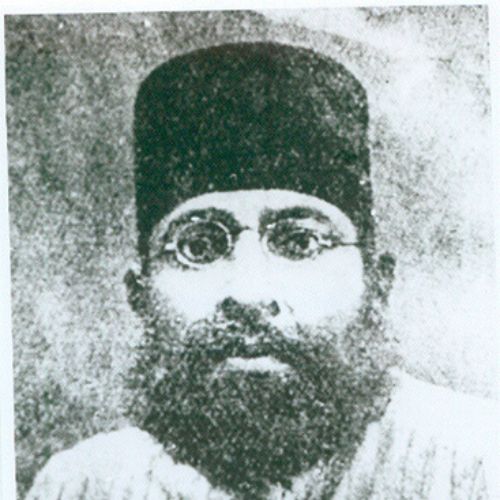Early Life:
Syed Fazl-ul-Hasan, famously known as Hasrat Mohani was born in 1875 in Mohan village in Unnao District in the United Provinces. He earned his B.A. from Aligarh Muslim University, Aligarh.
While in college, Mohani became involved in writing and journalism and became the editor of the Urdu monthly Urdu-e-Mualla. He also started an Urdu newspaper, Mustaqil.
Mohani worked with a number of political parties: he became a member of the Congress in 1903, but later became active in the Muslim League. In 1946, he won the 1946 Provincial Assembly elections on a League ticket. Despite his association with the League, he was staunchly opposed to partition. He was also one of the founding members of the Communist Party of India.
Role in India’s Independence Movement:
Mohani actively participated in the freedom struggle and was imprisoned on several occasions. He also played an important role in the Khilafat movement.
In 1921, Mohani along with Swami Kumaranand moved a resolution at the annual session of the Congress Party, where he called for complete independence. This was in contrast to the prevailing demand of the freedom struggle for dominion status. Although other members of the Congress party were initially against this, it was ultimately adopted in the Declaration of Purna Swaraj of 1930. He also made a similar demand before the Muslim League in 1921.
He is well-known for coining the slogan “Inquilab Zindabad” which was popularly used by freedom fighters.
Contribution to Constitution Making:
Mohani was elected to the Constituent Assembly from the United Provinces on a Muslim League Ticket. After partition, he was one of the 28 members of the Muslim League who remained in India and attended the meetings of the Constituent Assembly. In the Assembly, he intervened in a number of debates including on federalism, the Preamble, reservations for religious minorities, and abolition of the Zamindari system.
Later Contributions:
Mohani passed away on 13th May 1951.
Key Writings:
A versatile writer and poet, some of Mohani’s publications include Kulliyat-e-Hasrat Mohani, Sharh-e-Deewan-e-Ghalib, Mushahidaat-e-Zindan, and Nikat-e-Sukhan.
- Mohani advocated for a federalist structure rather than a unitary form of government with a strong centre.
- During the debates on the Preamble, he expressed his dissatisfaction with the final text of the Constitution. He targeted the Drafting Committee for failing to adhere to the Objectives Resolution when drafting the Constitution.
- He also argued against reservations for Muslims and the formation of political parties on communal lines.
- Mohani also staunchly supported the abolition of the Zamindari system.
- Maulana Hasrat Mohani: A Political Study by Mohammed Umar (2009).
- Hasrat Mohani: A Critical Appraisal of His Political Career and Ideology by Mohammad Arshad (2009).
- Hasrat Mohani: The Freedom Fighter by Shafqat Rizvi (1988).
- Hasrat Mohani by Khalid Hasan Qadiri (1985).
- Hasrat Mohani by Muhammad Sidiq (1985).

